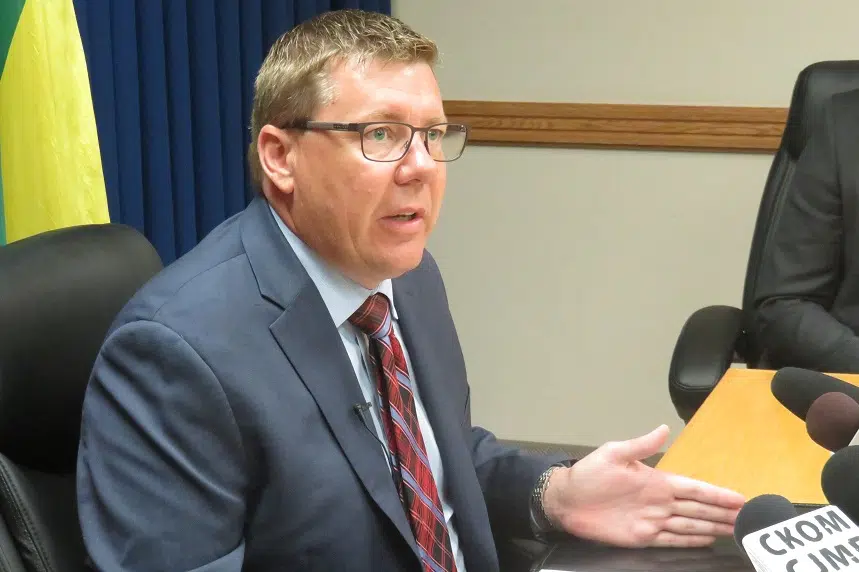Premier Scott Moe wants to fundamentally change how provincial equalization payments are calculated in Canada.
Speaking to reporters in Saskatoon Wednesday morning, Moe pitched a revamp of the federal program that provides money to “have not” provinces.
The proposal would see 50 per cent of the nearly $19 billion collected each year from the provinces redistributed to every jurisdiction on a per-capita basis. The other half would be calculated using the current formula.
“Our proposal, we believe, is simple, fair and equitable to all Canadians,” Moe said.
The plan would provide $300 million to Saskatchewan, returning half of the $600 million the province’s citizens provide to equalization each year.
Moe said the money would go into the province’s general revenues, but wouldn’t comment on how it would be used.
Moe noted Saskatchewan, Alberta and Newfoundland are currently considered “have” provinces despite economic downturns.
“We have a situation where we have a province in Newfoundland and Labrador that has just recently hit a 14 per cent unemployment rate and they’re not receiving equalization,” he said.
“They have neighbouring provinces with seven per cent unemployment rates that are receiving significant amounts of equalization payments.”
Oil and gas revenues are not included in the current equalization formula.
Moe said the federal government is getting set to renew the equalization formula for 2019, which is why the discussion over a new format needs to be had.
He’s asked for his new solution to be added to the agenda for next month’s Council of the Federation meeting of premiers.











